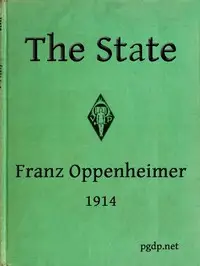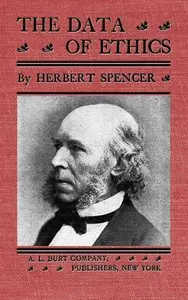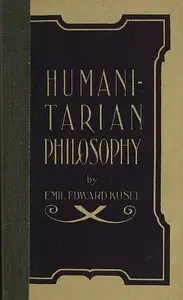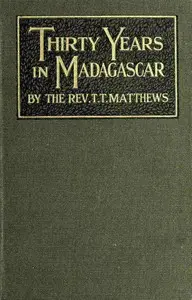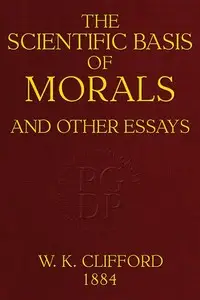"The Philosophical Theory of the State" by Bernard Bosanquet is a book that looks at the big ideas behind government and society back in the late 1800s. It's like Bosanquet is taking apart the ideas of famous thinkers to really understand what's going on. At its heart, the book is about the philosophy of why we have states, what they are like, and why they are important. Bosanquet wants to figure out how people fit into the bigger picture of their community. Right from the start, he tells us he wants to deeply examine the state from a philosophical point of view, stressing how crucial it is to get social and political ideas from a perfect angle. He points out that we must have a strong social philosophy to have smart conversations about real-world topics, and he’s trying to keep philosophical theories separate from the messy arguments in politics. He doesn’t like how people are starting to doubt the state's worth. He makes the case for a much deeper understanding of how individuals play a role in their communities. In the book, he is suggesting that societal structures form the way we are, and it gives us the options to get the most out of life.

The Philosophical Theory of the State
By Bernard Bosanquet
Explore the philosophical reasons behind civil order, where a deep analysis examines how society shapes individual character and opportunities for a fulfilling life.
Genres
Released
2020-09-20
Formats
epub (images)
epub3 (images)
epub
mobi (images)
mobi
txt
Free Download
Summary
About the AuthorBernard Bosanquet was an English philosopher and political theorist, and an influential figure on matters of political and social policy in the late 19th and early 20th centuries. His work influenced but was later subject to criticism by many thinkers, notably Bertrand Russell, John Dewey, William James and Ludwig Wittgenstein. Bernard was the husband of Helen Bosanquet, the leader of the Charity Organisation Society.
Bernard Bosanquet was an English philosopher and political theorist, and an influential figure on matters of political and social policy in the late 19th and early 20th centuries. His work influenced but was later subject to criticism by many thinkers, notably Bertrand Russell, John Dewey, William James and Ludwig Wittgenstein. Bernard was the husband of Helen Bosanquet, the leader of the Charity Organisation Society.
Total Reviews
10.0k
Total reviews from Goodreads may change






